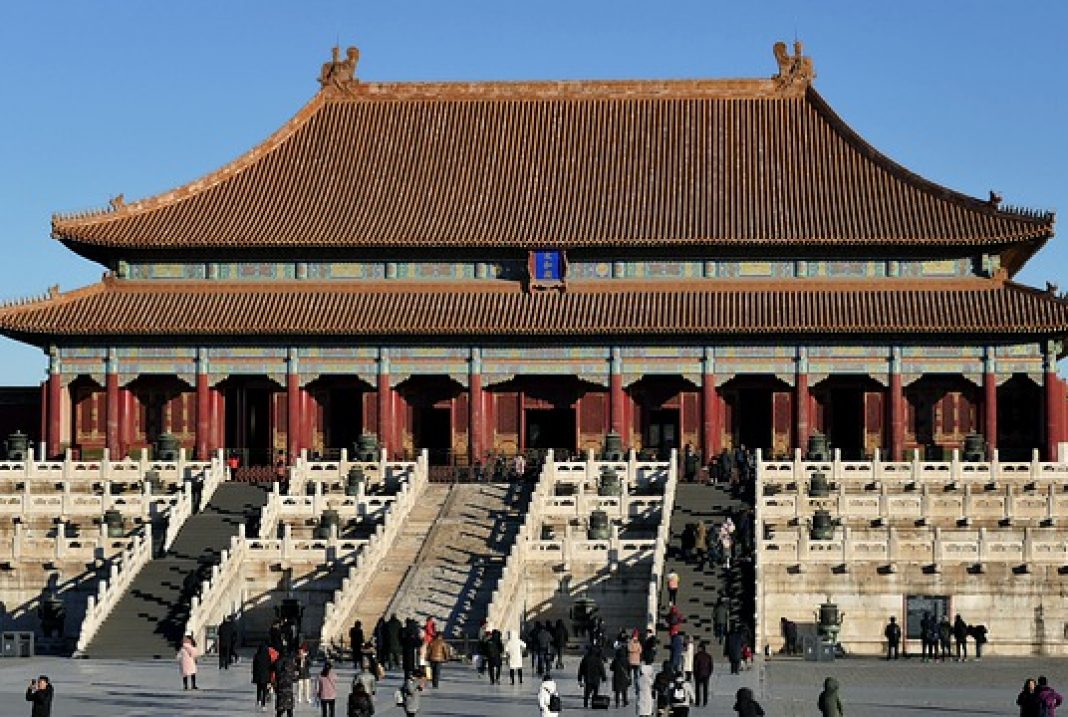Southern European leaders want Lebanon’s army to reassert itself in the country’s south
PAPHOS, Cyprus (AP) — The leaders of nine southern European Union countries on Friday pledged support for Lebanon’s armed forces to reassert control over the country’s southern territory in hopes of bringing peace to an area plagued by fighting between Israel and Hezbollah.
In a joint declaration, the leaders of the so-called MED9 — Italy, Spain, France, Greece, Malta, Cyprus, Slovenia, Portugal and Croatia — said they would “continue advocating for further support to Lebanon and its people, including to the Lebanese Armed Forces which are called to play a critical stabilizing role.”
“The unfolding situation in the Middle East is gravely alarming,” the declaration said. “In light of the reverberations of the Gaza conflict on the wider region, we express our extreme concern with the escalation of the military confrontation between Israel and Hezbollah.”
French President Emmanuel Macron told a news conference that the return of the Lebanese armed forces to South Lebanon and the restoration of Lebanese sovereignty “are essential to its peace and stability.”
Macron didn’t specify what form that support would take, but said an Oct. 24 conference in the French capital would aim to ramp up aid deliveries to Lebanon as humanitarian crisis looms while helping to bolster the country’s military and internal security forces.
Ahead of that conference, Macron and Italian Premier Giorgia Meloni said a meeting of G7 defense ministers would also look at ways of assisting Lebanon’s army to move into the south.
The EU leaders’ declared support for Lebanon’s armed forces comes as U.S. Secretary of State Antony Blinken spoke with his Saudi, Qatari and French counterparts about how the election of a new Lebanese president might reduce tensions in the Middle East by getting Hezbollah to move its forces away from Israel’s northern border.
Meloni and Spain’s Prime Minister Pedro Sánchez joined with Macron in condemning what the French president called Israel’s “deliberate targeting” of soldiers belonging to a United Nations peacekeeping force in southern Lebanon (UNIFIL). France, Spain and Italy contribute troops to UNIFIL.
“We condemn it, we do not tolerate it and we do not tolerate it happening again,” Macron said.
Both Sánchez and his Slovenian counterpart Robert Golob backed Macron’s call for a suspension of weapons deliveries to Israel in what they see as an effective way to de-escalate the wars in Lebanon and Gaza.
“We haven’t sold weapons to Israel since the beginning of this war,” Sánchez said. “And the logic is simple. Without weapons there is no war.”
Cypriot President Nikos Christodoulides, who hosted the meeting, said the leaders also discussed irregular migration, which he reiterated needs to be tackled at source — the migrants’ countries of origin or the ones they transit through.
Christodoulides said he would raise with other EU leaders in Brussels ways of “creating those conditions” within Syria — in collaboration with the United Nations refugee agency and other international partners — that would allow the return of Syrian refugees to their country.
The Cypriot president said climate change was also on the agenda, underscoring the need for joint action in the Mediterranean region which he said is “particularly vulnerable.”
He added Cyprus reintroduced an initiative in collaboration with Jordan to set up a regional firefighting hub, with dedicated aircraft to be stationed on the island to respond to blazes in the eastern Mediterranean.
Related
The European country that now has below net zero immigration…
Immigration has been one of the most crucial and divisive issues in the UK for several years - with it being debated through the Brexit referendum, recent gener
Iranian minister to meet European counterparts after nuclear offer rejected
Iran’s deputy foreign minister, Majid Takht-Ravanchi, will meet his European counterparts in Geneva on Friday after the collapse of a deal last week under whi
Iran to hold nuclear talks in Geneva with European powers
Iran will hold talks about its disputed nuclear programme with three European powers on November 29, the Iranian foreign ministry said on Sunday, days after the









